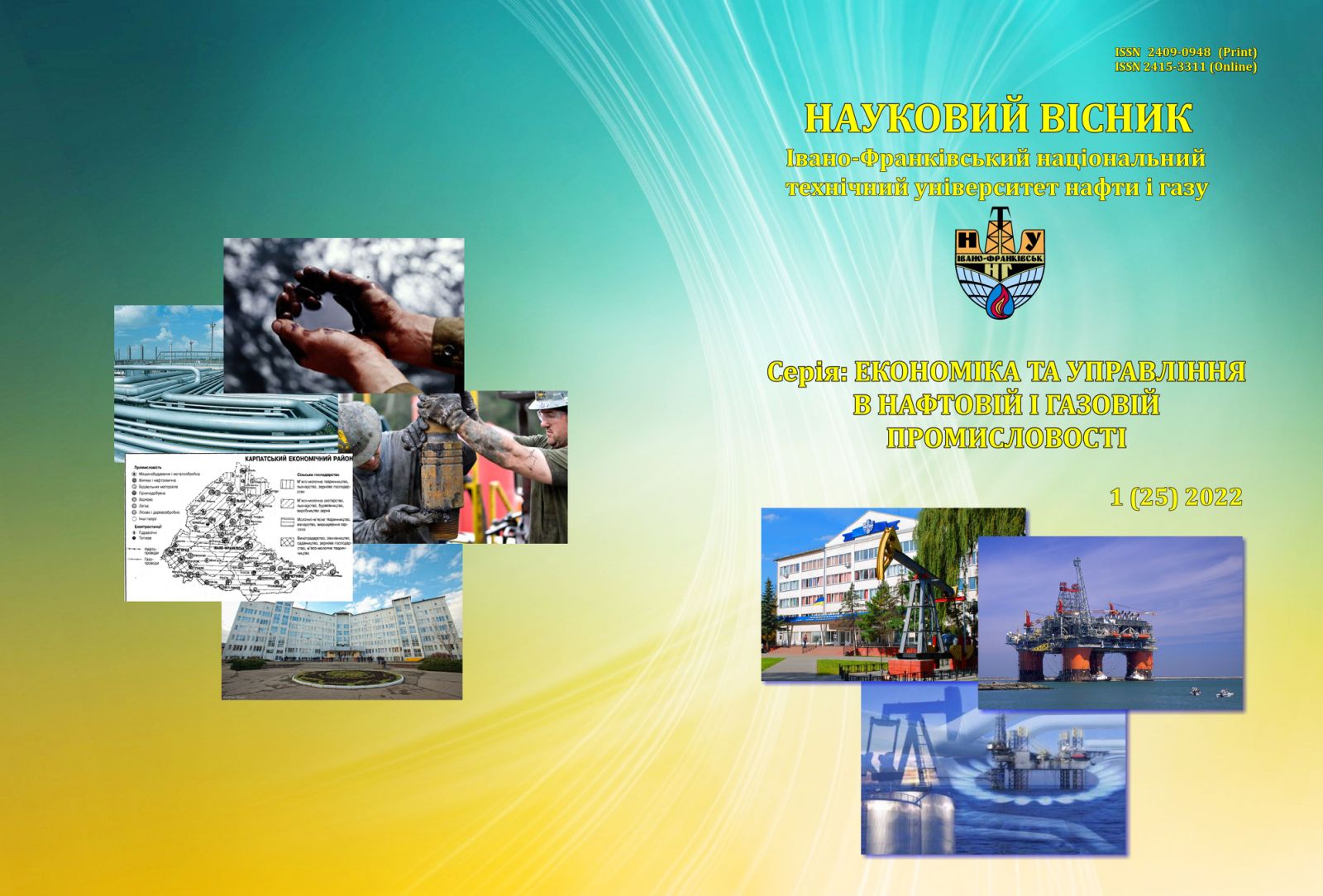CONCEPTUAL FUNDAMENTALS OF PROVISION OF THE TRACK OF QUALITY EDUCATION (CHALLENGES OF TIME AND DEVELOPMENT STRATEGY)
DOI:
https://doi.org/10.31471/2409-0948-2022-1(25)-55-64Keywords:
: concept, functions and principles of quality education, knowledge, trajectory, development strategy.Abstract
The article deals with the role of continuous quality education in ensuring the socio-economic development of the country and in accelerating the relevant changes taking place in the country. It is noted that everyone's life is connected with education and, above all, the improvement of their welfare.
The authors of the study presented in this article consider the trends in the development of quality education in theoretical and practical aspects, the components of which are: scientific and theoretical foundations of achieving quality education; basic conceptual provisions for ensuring the competence of specialists; theoretically substantiated principles inherent in the relevant educational system. In this regard, the main functions performed by the educational sphere are revealed.
Much attention in the article is paid to highlighting the essence of the category "quality of education". The ways and directions of achieving quality education and ensuring significant changes in educational activities, bringing it to a qualitatively new level of development, which should contribute to the achievement of positive qualitative changes in education are substantiated. It is emphasized that a significant role in achieving this belongs to the resource base and ways to improve it are considered. It emphasizes the need for active implementation in educational activities of projects that provide for the implementation of effective measures to provide educational institutions with modern material and technical base, the latest teaching aids to perform these institutions of their socially significant functions.
Based on the understanding of the paramount importance of the mission of education, which is especially evident in our time, formed a new concept of education, which requires the introduction of new information technologies in the educational process, the formation of knowledge economy, transition to innovative economic growth, implementation of social partnership. humanism, social security, etc.
References
Гаращук О.В., Куценко В.І. Освітня сфера – важливий чинник інноваційного сталого розвитку. Вісник Національної академії педагогічних наук України. 2021. Том 3 №2. URL: https://doi.org/10.37472/2707-305X-2021-3-2-11-3
Андрущенко В. Освіта в стратегії розбудови організованого суспільства. Вища освіта України. 2020. №4. С. 5-12.
Винничук Р. Природа креативності та її роль в освітньому процесі. Вища школа. 2020. №10. С. 47-58.
Статистичний щорічний України за 2020 рік / За ред. І.Є. Вернера. Київ: Державна служба статистики України, 2021. 455 с. URL: http://www.ukrstat.gov.ua/druk/publicat/kat_u/2021/zb/11/Yearbook_2020.pdf
Бакіров В., Зиман З., Холін Ю. Висока якість освіти – вимога часу. Вища освіта України. 2005. №1. С. 15-19.
Кремень В.Г., Луговий В.І., Саух П.Ю. Освіта і наука – основа інноваційного людського розвитку. Вісник Національної академії педагогічних наук України. 2020. Том 2 №2. URL: https://doi.org/10.37472/2707-305X-2020-2-2-14-3
Гришова І., Гришова Р. Державна політика стійкого розвитку в контексті циркулярної моделі економіки. Перспективи розвитку освіти, науки і бізнесу в глобальному середовищі: матеріали VIII Міжнародної науково-практичної конференції. 23 жовтня 2020 року. Тернопіль: ФОП Осадца Ю.В., 2020. С. 45-47.
Кремень В.Г. Філософія освіти ХХІ століття. Вища школа. 2002. №6. С. 9-17.
Куценко В.І., Ставнича Н.І. Фундаменталізація освіти в контексті формування суспільства знань та соціальної безпеки Науковий вісник Івано-Франківського національного технічного університету нафти і газу. Серія: Економіка та управління в нафтовій і газовій промисловості. 2 (24) 2021. №2. С. 140-148
Головченко Г.О. Тенденції розвитку медіаосвіти в Канаді. Педагогіка і психологія. 2019. №1. С. 77-86.
Downloads
Published
How to Cite
Issue
Section
License
Copyright and Licensing Terms
Copyright Statement
The authors who publish in the journal accept the following conditions:
- The authors retain the copyright and grant the journal the right of first publication, licensed with Creative CommonsCC BY-NC-SA , which permits other people to remix, transform, and build upon the material and use the material for non-commercial purposes, give appropriate credit and distribute the contributions under the same license as the original.
- The authors can conclude additional agreements on the non-exclusive distribution of the journal’s published version of the work (for example, publication of the work in electronic repositories) with an acknowledgment of its initial publication in this journal.
- The authors can upload the published articles on the Internet (for example, in electronic repositories or on web-sites), as it will stimulate fruitful scholarly discussions and increase the citation rates of the published articles.


1.png)


1.png)





